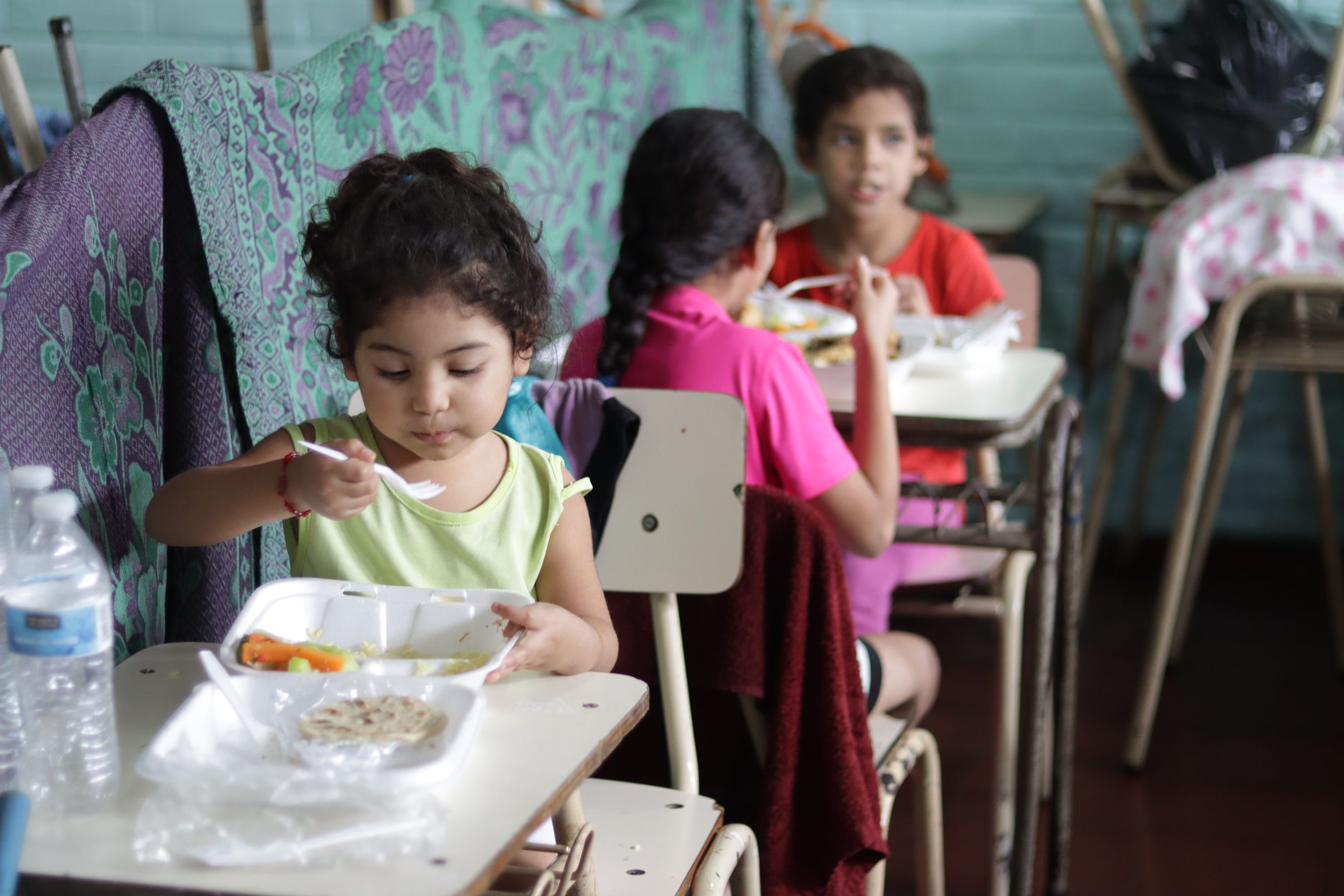By Jennifer Gonzalez
A bipartisan group of lawmakers have signed on to a letter (sponsored by U.S. Reps. Jim McGovern, a Democrat, and Brian Fitzpatrick, a Republican) calling for $300 million for global nutrition in the fiscal year 2022 appropriations.
“The funding is especially important now because the far-reaching impacts of the COVID-19 pandemic are putting recent reductions in global malnutrition in jeopardy,” said Ryan Quinn, deputy director of government relations at Bread for the World.
He added: “Estimates are that pandemic-related malnutrition will kill 153 children a day over the next two years if no further action is taken.”
The increased funding would save the lives of more than 160,000 children. It would also prevent stunting for more than 550,000 children; treat more than 3 million wasting children; and prevent anemia for more than 12 million women—a top cause of maternal mortality.
In addition, it would support new mothers to exclusively breastfeed more than 550,000 babies—the optimal nutritional choice for infants.
The letter (known as a “Dear Colleague” letter in political circles which asks for cosponsors or seeks influence on votes on an issue) was signed by 135 lawmakers and a collaborative effort by Bread for the World’s government relations and organizing departments.
The government relations team reached out to more than 300 congressional offices in Washington, D.C., to garner signers from both sides of the aisles.
The organizing team mobilized Bread volunteer leaders and teams to contact their members of Congress, especially Republican members who supported the global nutrition resolution, previously signed global nutrition funding letters, or both.
“We heard from back from a number of offices, with some agreeing to sign and others declining but expressing their continued support,” said Zach Schmidt, a senior regional organizer at Bread for the World.
Quinn added: “Because of their outreach, we were able to secure 135 signers total.”
The letter now goes to the chair and ranking member of the State Foreign Operations Appropriations Subcommittee. It will be used to gauge support for the nutrition account within the Global Health Programs account at USAID and help determine how much funding will go toward global nutrition.
The subcommittee will then hold a markup later this summer for the bill and determine a funding amount for global nutrition that will be included. It would then move to the House floor sometime later this year.
Schmidt said he was confident “that the efforts of our grassroots network not only yielded signatures but also strengthened relationships and communication with their U.S. representatives that will help us advance future legislation.”
Jennifer Gonzalez is the managing editor at Bread for the World.



